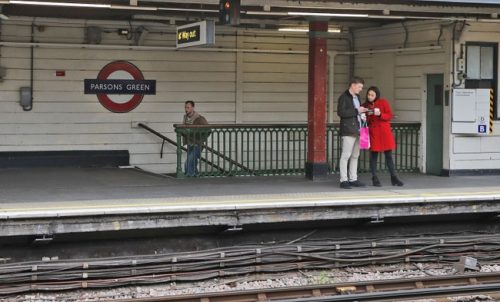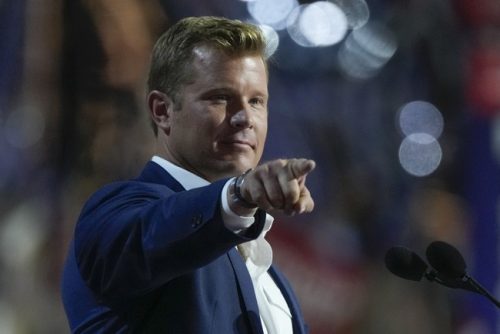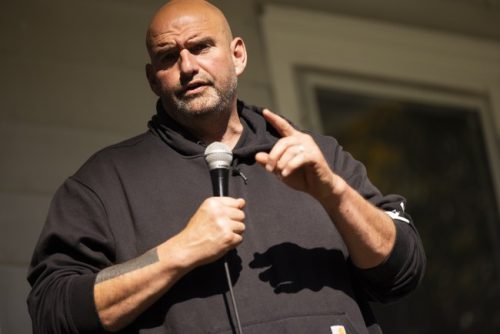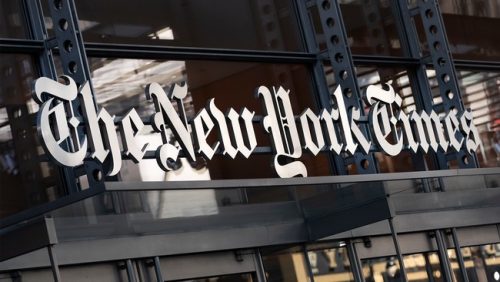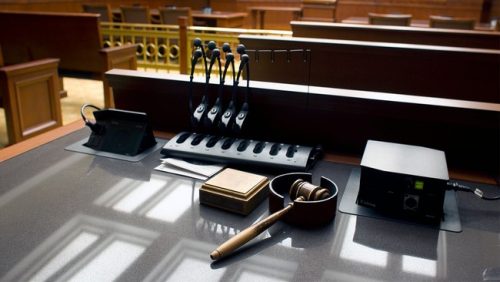President Donald Trump warned Nigeria that the United States expects immediate steps to protect persecuted Christians or face consequences, including reduced aid and possible military intervention. He posted the threat on Truth Social, said the designation of Nigeria as a Country of Particular Concern was made through Secretary of State Marco Rubio, and cited large recent U.S. aid commitments. The move has drawn praise from some conservatives and surprise from observers abroad, while officials note grim numbers of victims in Nigeria’s sectarian violence.
Trump’s post made the warning blunt and personal, telling the Nigerian government to “move fast” to stop attacks on Christians. He went further with a vivid image of force, saying U.S. forces could be sent “guns-a-blazing” to target the militant groups responsible. That direct language signals an administration comfortable using hard power language to protect religious minorities.
The administration also formalized a diplomatic step by designating Nigeria as a Country of Particular Concern via Secretary of State Marco Rubio. That label is legally meaningful and marks the federal government’s determination that abuses are severe enough to warrant special attention and possible policy changes. The action places a spotlight on human rights and religious freedom in U.S. foreign policy toward Nigeria.
The designation is tied to an established legal standard, which the government described as “responsible for particularly severe violations of religious freedom under the International Religious Freedom Act IRFA of 1998.” That statutory language frames the finding in the terms Congress set decades ago and opens the door to diplomatic and administrative responses. Officials say such a label can trigger closer scrutiny of assistance and bilateral cooperation.
— Rapid Response 47 (@RapidResponse47) November 1, 2025
Financial ties complicate the stance: the United States provided roughly $1 billion in assistance to Nigeria in 2022 and 2023 combined. That level of engagement means a decision to “slash aid” would have immediate political and practical consequences for development and security programs on the ground. The message from the White House is clear: aid is conditional on tangible steps to stop the killings.
Senator Rubio, speaking in his role in the administration’s announcement, emphasized the human toll, saying thousands of Christians have been killed in Nigeria. Those numbers have become a central pillar of the administration’s argument for tougher action. Republican policymakers framed the designation as overdue recognition of a humanitarian crisis that demands stronger U.S. responses.
The president’s statement won applause from members of his Cabinet and some public figures, showing a coalition behind a tougher posture on religious persecution. Even unexpected quarters, like entertainer Nicki Minaj, reacted publicly, reflecting how the message reverberated beyond conventional political circles. Supporters say the combination of diplomatic pressure and the threat of consequences is a necessary push to spur Nigerian authorities to protect vulnerable communities.
Beyond rhetoric, the move signals potential policy steps: a review of aid priorities, closer monitoring of local security conditions, and an intensified diplomatic push with Nigerian leaders. While the declaration itself does not automatically impose specific sanctions, it empowers the administration to reassess how U.S. resources are used and whether current partnerships are producing results. For proponents, that flexibility is precisely the point.
Critics will argue that unilateral threats risk inflaming tensions or undermining long-term cooperation with a key African partner. Republican defenders counter that moral clarity and a willingness to back words with consequences are essential when religious minorities are targeted. The administration is betting that pressure, not passivity, will force accountability inside Nigeria.
For now, the U.S. posture mixes naming and shaming with the prospect of tangible penalties, and the White House has put Nigeria on notice. The coming weeks will test whether diplomatic pressure and the possibility of aid reductions prompt changes in how Nigerian authorities address violence against Christians and other civilians.
The announcement and the president’s language have kept the spotlight on a brutal chapter of violence in Nigeria while stirring debate about the best way to protect innocents without escalating conflict. Observers will be watching whether this designation translates into measurable safety improvements for communities under threat.


